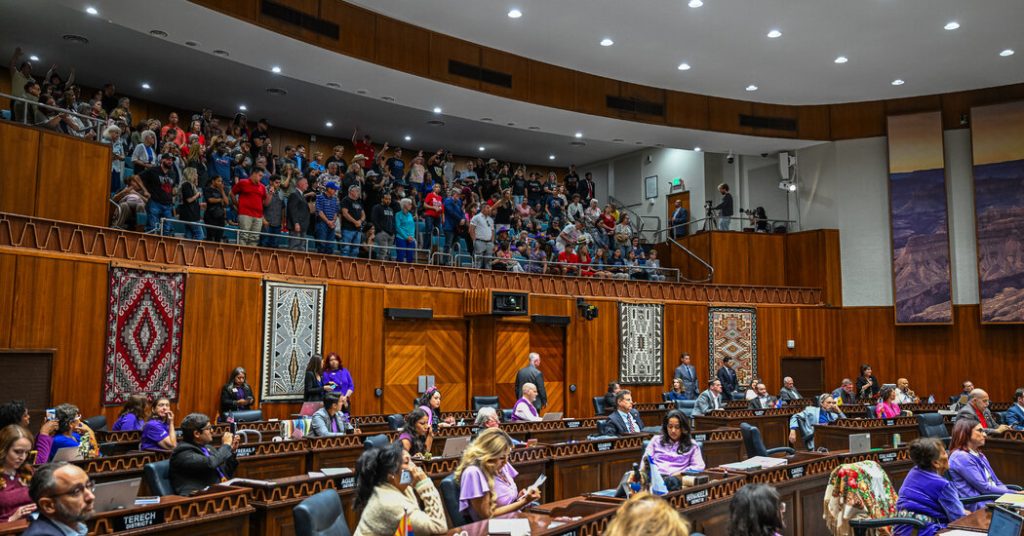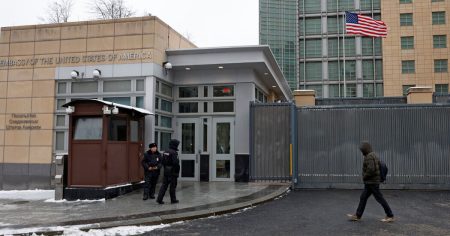State Representative Matt Gress of Phoenix, a Republican, faced backlash from anti-abortion activists after voting to repeal an 1864 law banning abortion in Arizona. Despite support from every Democrat, as well as two other Republicans, Mr. Gress was criticized as a baby killer and traitor. Some Democrats saw his stance as a move to appease swing voters upset about the ban during an election year. In an interview, Mr. Gress emphasized the need for a middle ground in the abortion debate, acknowledging the extreme positions on both ends of the spectrum.
Mr. Gress, a former teacher and school board member, represents a moderate section of Phoenix that encompasses middle-class neighborhoods, desert parks, and gated communities. He initially focused on issues like homelessness and teacher pay, but abortion quickly became a central legislative battle following the Arizona Supreme Court’s revival of the 1864 ban. Despite facing criticism for his stance, some voters in his district praised him for his role in passing the repeal bill through the House, viewing it as a step towards modernizing laws around abortion.
The bill to repeal the 1864 ban is expected to be voted on in the State Senate soon, and there is enough Republican support for it to pass. Gov. Katie Hobbs, a Democrat, expressed her support for the repeal and vowed to sign it into law. This marks a shift in Arizona politics, where most Republican lawmakers had previously opposed efforts to undo the ban. The recent Supreme Court ruling upholding the ban prompted some Republican legislators to change their stance, fearing backlash from voters who saw the ban as outdated and extreme.
As tensions rose within the Republican Party over the abortion issue, anti-abortion activists rallied at the Capitol to pressure legislators to reject the repeal effort. Many Republicans who broke with their party feared that leaving the 1864 ban intact would boost support for a ballot measure seeking to add abortion protections to the state constitution. Proponents of abortion rights have gathered over 500,000 signatures for the ballot initiative, pushing for protections until fetal viability and allowing for abortions after viability to protect a patient’s health.
Some Republicans, like Representative Tim Dunn from Yuma, voted for the repeal in the hope of complicating abortion options for voters in the upcoming election. If the 1864 law is repealed, Arizona’s abortion laws would align with a partial ban passed in 2022, allowing abortions through the 15th week of pregnancy. Critics argue that the 15-week ban lacks exceptions for cases of rape or incest. Arizona Republicans are also considering offering competing abortion ballot measures to provide voters with a range of options. Despite the potential repeal of the 1864 ban, the abortion debate in Arizona is likely to remain highly charged and polarizing among voters.















